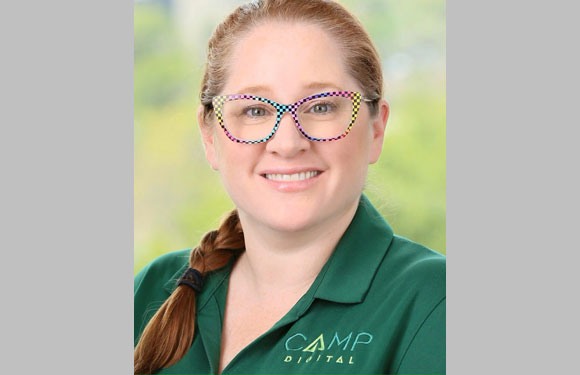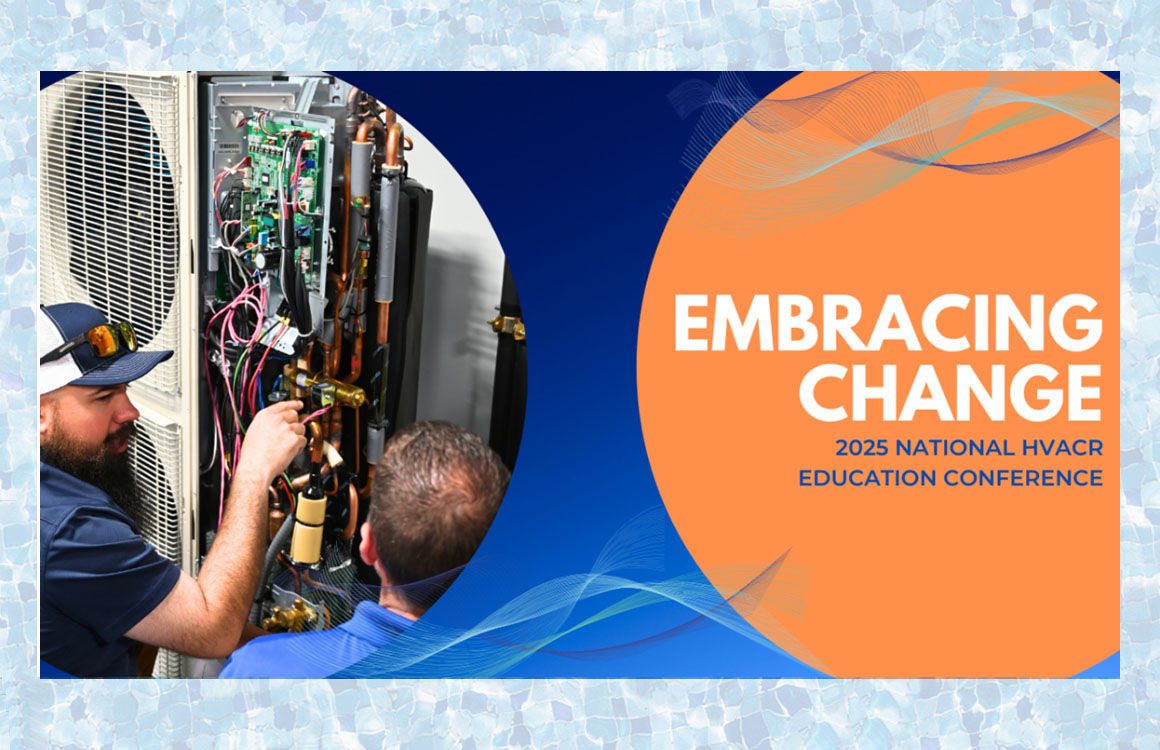
Guest Contributor, Items of Interest
How to Define and Reward Outstanding Performance in Every Role

When you look at your payroll numbers, do you ever feel a pit in your stomach? You see dollars going out, but you aren’t sure what value is coming in. Are your people giving their all or just sliding by?
Your staff determines your success or failure as a business, so how do you measure their performance?
Build Your Three-Legged Foundation First
Well, my fellow business owners, let’s start with us first. We can’t assess our businesses unless we look at the structure we provide for employees. Staffing is, first and foremost, a tale of alignment. Is everyone facing in the same direction — the one you want? Before thinking about specific employees, analyze the environment you create for them. Have you established a sturdy three-legged stool for employees to stand on and reach new heights in service of your cause? Those legs are mission, vision, and values.
These are simple concepts, but you must return to them regularly to stay on path. What is your company’s mission? What does it seek to achieve? For instance, a company’s mission might be to provide the most reliable commercial HVAC service within your county. A vision, your second leg on the stool, might be to have 107 clients by Dec. 31, 2025. Here’s a tip when making an annual vision statement. Don’t set a round number. Something about a quirky odd number makes it stick in everyone’s memory.
The third leg of the stool is your core values. What do you stand for as a company? Your employees need a compass for every decision. Your core values are the behavioral framework for how each role should tackle the mission and vision. These values might relate to service, availability, or relationships, but the words only hold weight if you talk about them all the time as a company and how they apply to every employee in everything they do.
Whenever a conflict arises for an employee, you want them to think: Does this solution align with our mission? Does it help us reach our client goal target? Does it honor our values? Without this foundation, your staff operates on gut instinct alone. With it, they have a framework for making choices that push your company forward.
But this is just the start. Now that you’ve built a sturdy framework for the company, it’s time to give each employee their own three legs to stand on.
What Does ‘Crushing It’ Look Like?
First, think about each role in your organization. Consider the spectrum of possibilities with the position, not the person. What constitutes failure, serviceable performance, and outstanding achievement?
The particulars are up to you, but here are ideas to help you start thinking it through. Take your accounts receivable specialist in your HVAC company. Failure could mean letting maintenance agreement payments lapse beyond 60 days, missing early payment discounts from parts suppliers, and damaging relationships with commercial clients through poor payment communication. Serviceable performance keeps Days Sales Outstanding under 45 days, captures 80% of available supplier discounts, and maintains steady maintenance agreement renewals. Outstanding performance? That’s when your AR specialist keeps DSO under 30 days, captures every supplier discount, and turns payment conversations into opportunities to upsell maintenance agreements.
Your HVAC dispatching shows similar performance possibilities. Failure looks like double-booked technicians, excessive drive time between jobs, and constant customer complaints about arrival windows. Serviceable performance routes technicians efficiently with minimal overlap, keeps utilization above 75%, and maintains accurate arrival estimates. Outstanding performance pushes technician utilization above 85% while grouping service calls by location to cut drive time and successfully fitting emergency AC calls into the schedule during summer peaks without disrupting planned maintenance.
Consider your HVAC customer service representative. Failure means dropping emergency AC calls, failing to get accurate system information from customers, and collecting complaints about response times. Serviceable performance maintains a first-call resolution rate of 75% on maintenance requests, keeps customer satisfaction scores above 4.0, and properly prioritizes emergency versus routine calls. Outstanding performance? That’s when your rep maintains a first-call resolution rate above 85%, keeps satisfaction scores above 4.8, and converts routine service calls into maintenance agreement sign-ups.
Show Them the Money (And Make It Make Sense)
When you can set clear expectations and track them, you create opportunities for merit-based incentives that benefit your company and your staff. Employees who know exactly what constitutes outstanding performance and see a clear financial reward tied to those achievements gain a sense of control over their earning potential.
Let’s look at how this might work in your HVAC business. Your accounts receivable specialist who maintains that 30-day DSO and captures every available supplier discount might earn a quarterly bonus of 8% above base pay. Push those numbers even higher? The bonus grows accordingly. When they convert those payment conversations into maintenance agreement renewals, that could trigger an additional 2% bonus. This isn’t just throwing money around. It’s investing in behaviors that directly grow your bottom line.
Your dispatcher’s bonus structure might tie directly to technician utilization rates. Maintaining that 85% utilization rate while successfully handling emergency calls could mean a 10% quarterly bonus. If they consistently group service calls by location to minimize drive time, saving fuel and allowing more daily appointments, that could add another 3-5% to their bonus. When you calculate the revenue that extra efficiency generates, these bonuses pay for themselves.
For your customer service representative, that 85% first-call resolution rate and 4.8 satisfaction score might trigger a 7% quarterly bonus. But here’s where it gets interesting: When they convert routine calls into maintenance agreements, they could earn an additional percentage based on the agreement value. This incentivizes them to not just handle calls well but to actively build your customer base.
Turn Uncertainty into Investment
The numbers I provided are purely hypothetical. It’s the concept that matters: When you financially reward superior performance, you get more of it, which pushes your company forward. The key to making these bonus structures work is transparency and regular updates. Your team should know exactly where they stand at any time. Consider monthly check-ins where you review their metrics together. This is about partnership, not pressure. When someone hits their targets, celebrate it. When they miss, use it as an opportunity for coaching.
Think of outstanding performance pay as an investment rather than an expense. An AR specialist who maintains tight payment windows improves your cash flow. A dispatcher who maximizes technician utilization increases revenue potential. A customer service rep who converts calls into maintenance agreements builds your recurring revenue base. When you reward these behaviors, you invest in your company’s growth. You’re also going to earn greater employee loyalty over the long run.
Think of those three stool legs — mission, vision, and values. Your bonus structure should reflect all three. The metrics measure mission achievement, the rewards help reach your vision’s targets, and the whole system should operate within your core values. When you align incentives this way, you create a culture of excellence that feeds itself.
This approach transforms your payroll from an uncertainty into an investment in your company’s future. That pit in your stomach? It disappears when you know precisely how each role drives your success and you’ve given your team both the framework and the motivation to excel. Your staff stops wondering if they’re meeting expectations and starts actively pursuing excellence, knowing their efforts will be recognized and rewarded.
Anne Lackey is the co-founder of HireSmart Virtual Employees, hiresmartvirtualemployees.com, a full-service HR firm helping others recruit, hire & train top global talent. She has coached and trained hundreds of US and Canadians in creating successful businesses to be more profitable and to create the lifestyle they desire. She can be reached at anne@hiresmartvirtualemployees.com or at meetwithanne.com.










